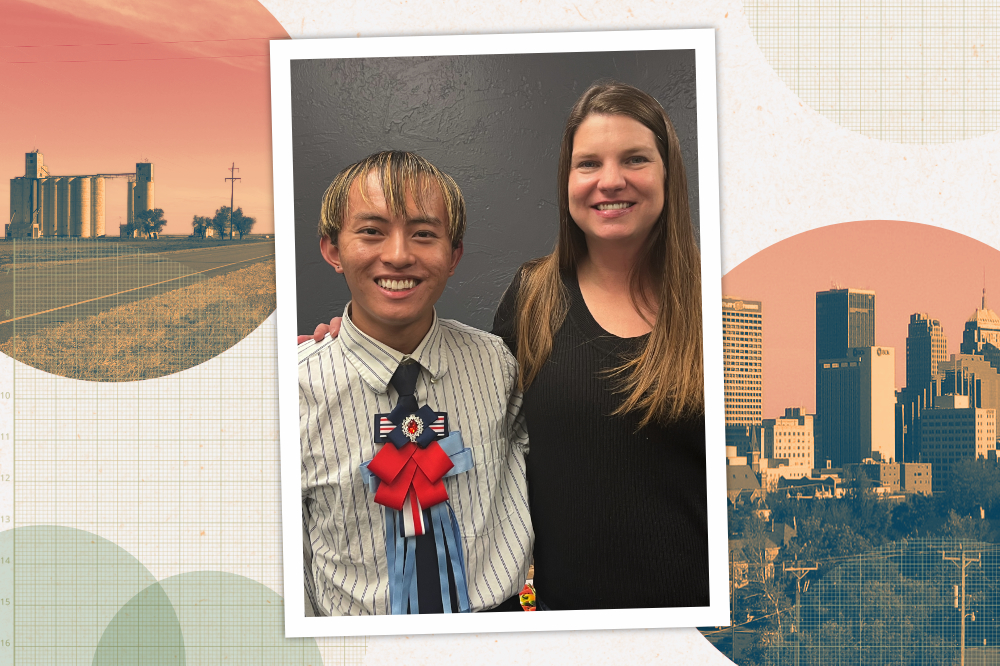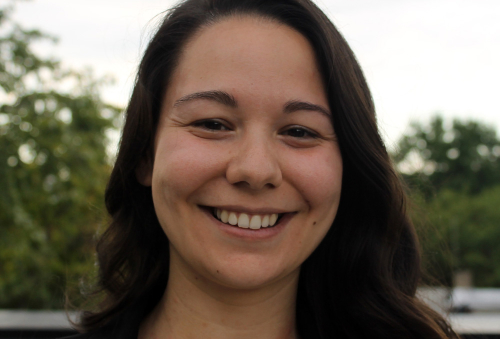Youth and Future Generations
Hunger robs children and young adults of the opportunity to develop and grow into their full potential and promise for the world.
Stunting and wasting permanently blocks infants’ growth and can never be made back. Food-insecure children have greater difficulty acquiring academic and social skills in school. Food insecurity at college campuses is growing across the U.S., and 1 in 4 young people in the world cannot find a job that pays more than $1.25 per day.
We work to ensure that all children have enough nutritious and culturally appropriate food to thrive and reach their full potential and that young people’s voices are heard in shaping public policy and community solutions that will break the generational cycle of poverty and hunger.More StorieS

Gen Z Leaders Gather in Washington for Food & Hunger Summit
Over 50 student leaders from 25 states gathered in Washington, D.C., for the second annual summit, meeting with members of Congress to discuss campus hunger and their proposed solutions for combatting food waste and making it easier for students to meet their basic needs....
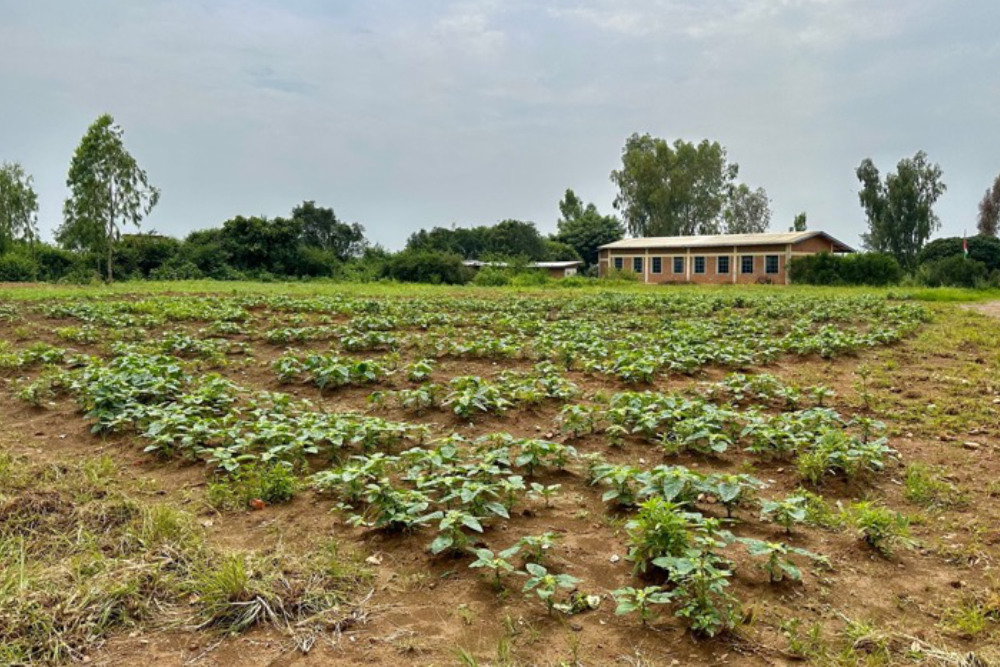
Beyond the School Grounds: School Feeding and Community Resilience in Burundi
Working with World Vision, Leland Fellow Lora Boll shows how school meals don’t just keep students fed, but can also promote environmental sustainability, agricultural production, and community resilience....
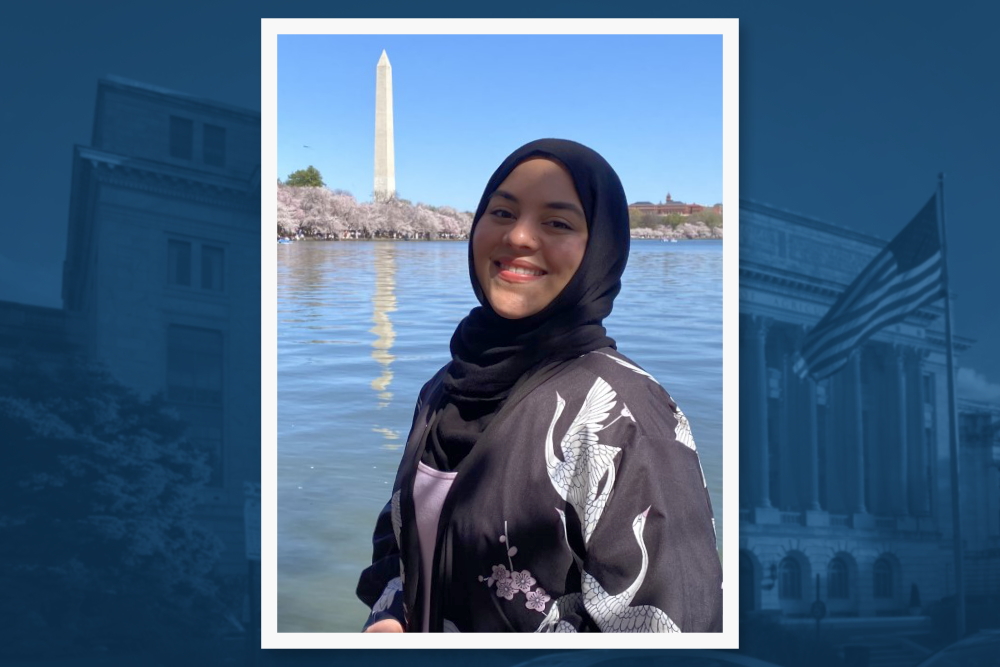
Bridging the Gap: Improving Access to Nutritious Food for Children with USDA
Emerson Fellow Raneem Karboji, placed with USDA, researched best practices to make it easier for residential child care institutions to enroll in the National School Lunch Program....
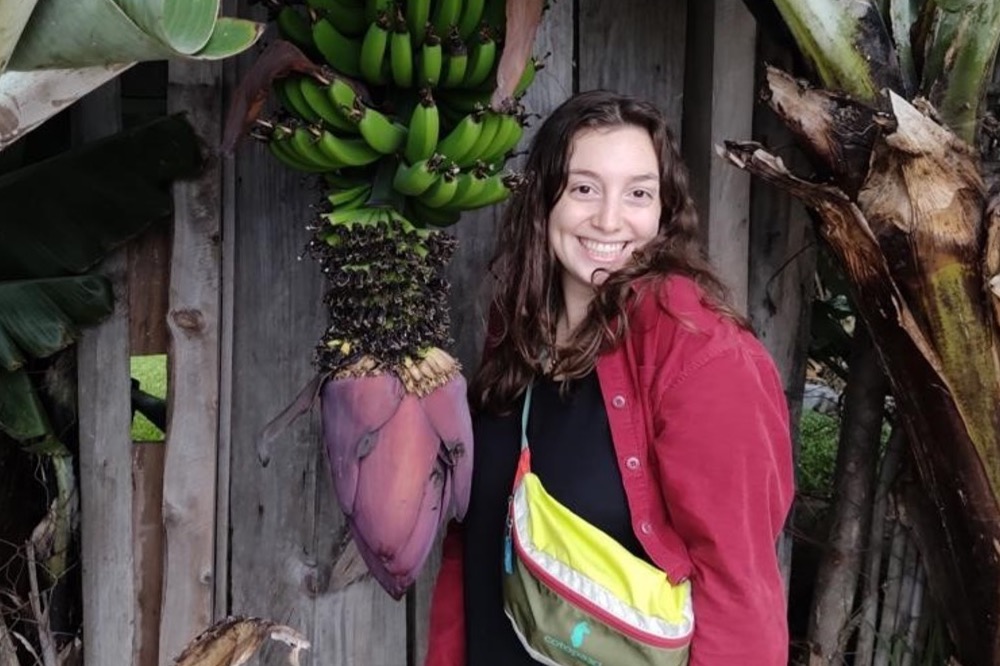
Amplifying Children’s Voices to End Hunger
What if we saw children not only as mouths to feed, but people with perspectives and unique voices? Leland Fellow Liz Margolis highlights her work on child advocacy while placed with World Vision International....

Finding the Community Connection: Breakfast After the Bell in Massachusetts
In 2022, Massachusetts required many schools to serve breakfast after the start of the instructional day to reach more students. Emerson Fellow Nathan Garcia, working with Project Bread in Boston, created a guide for policymakers in other states, outlining challenges and keys to success....
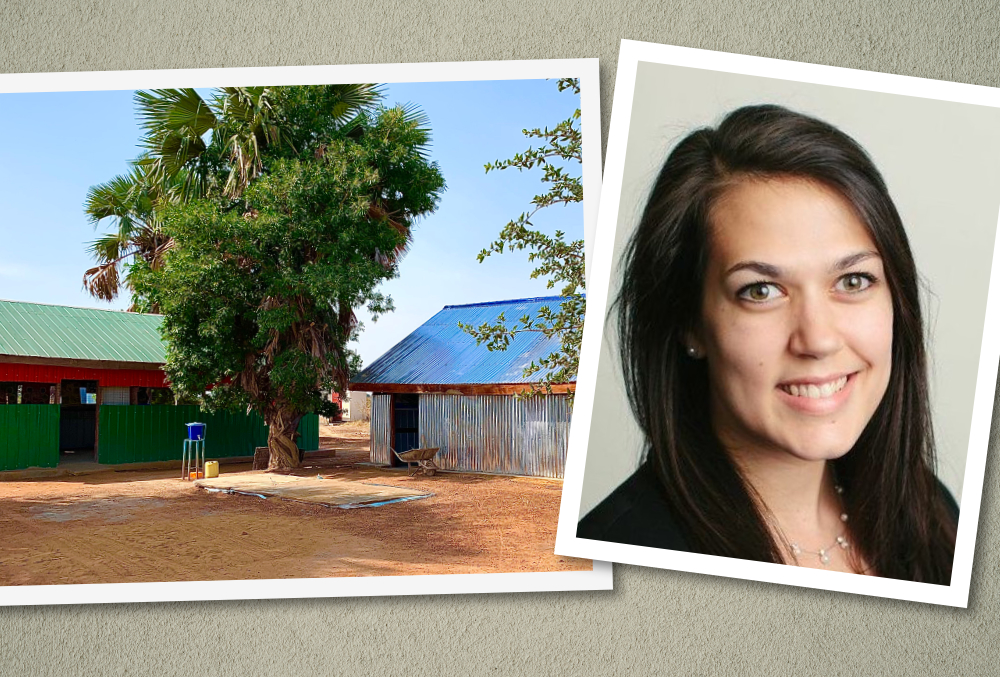
Stopgaps into Systems: Pandemic Adaptations for Treating Acute Malnutrition
Before the pandemic, acute malnutrition affected nearly 50 million children under five worldwide. Yet, only a quarter of children who needed treatment received it. Leland Fellow Maria Wrabel, placed with Action Against Hunger wonders: is “normal” good enough?...
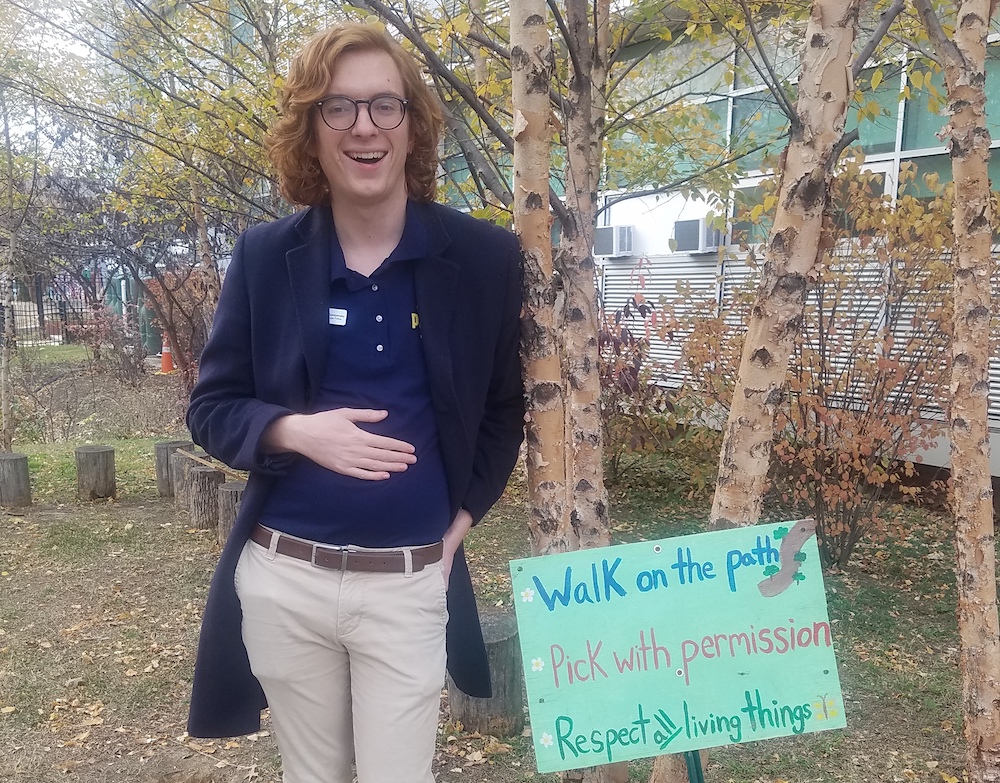
Assessing Community Needs: Food and Gardening School Programs in Washington, D.C.
While placed with Kid Power in Washington, D.C., Emerson Fellow Robbie Economou assessed how its popular food and gardening youth education program was able to meet the needs and expectations of the communities it serves....
Our work building resilient food systems is generously supported by our partners.
Gold Sponsor

Silver Sponsor


